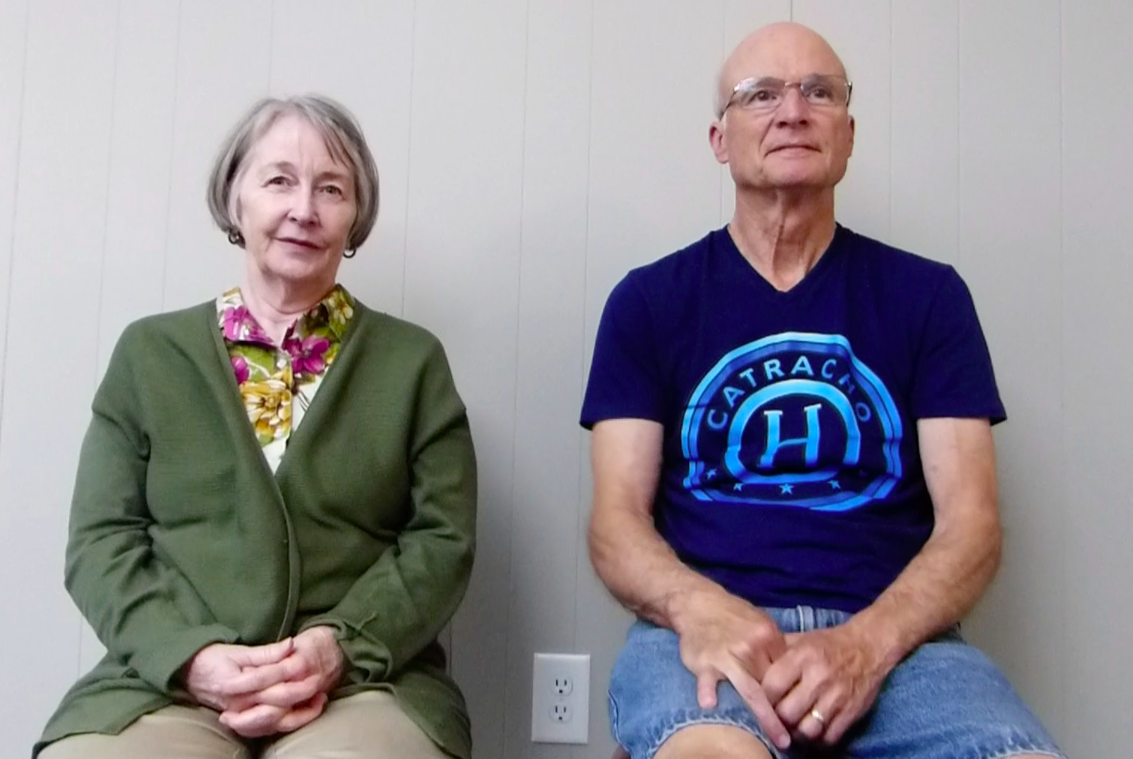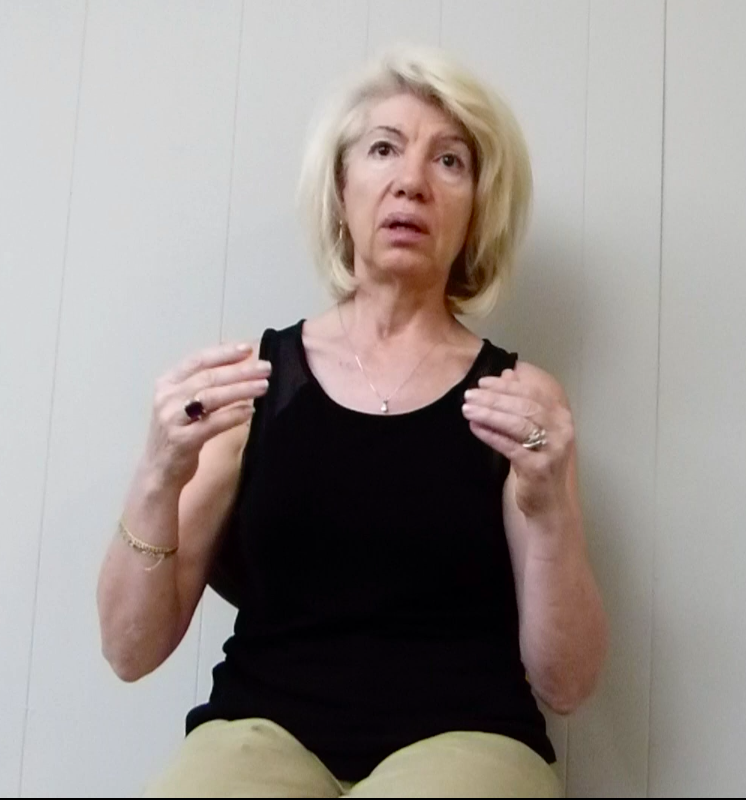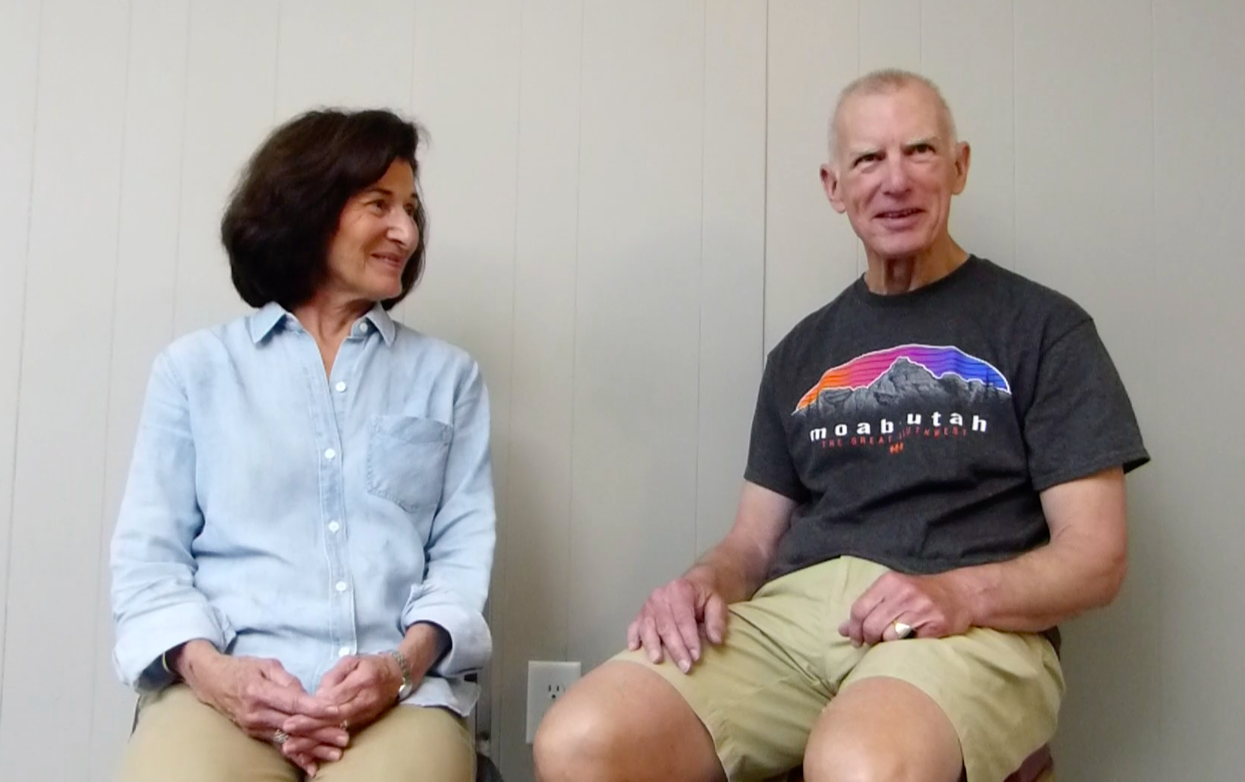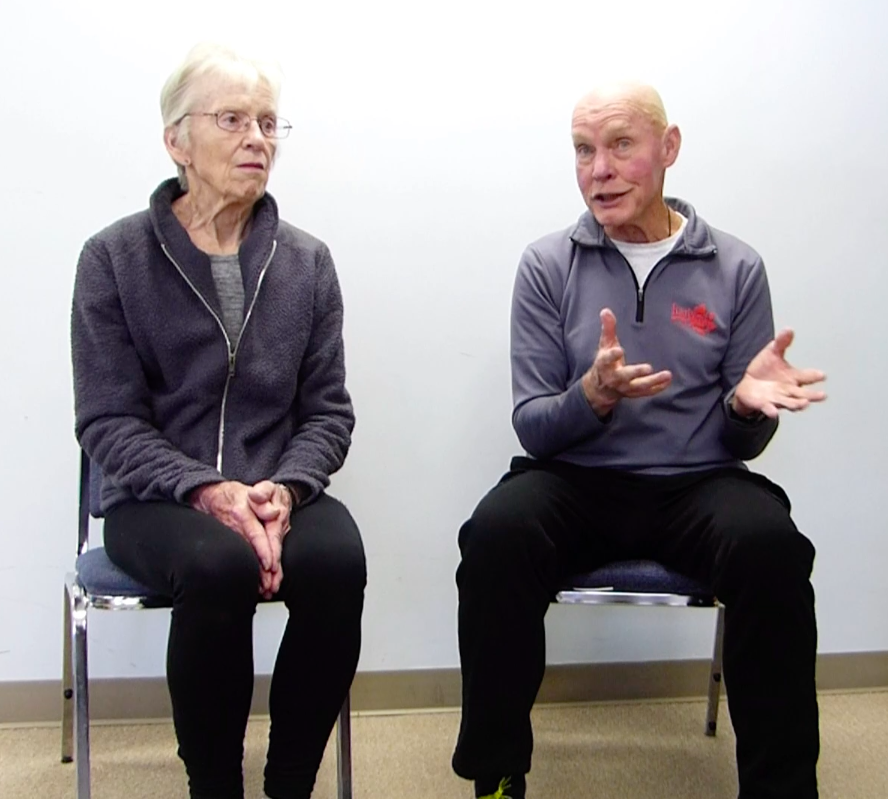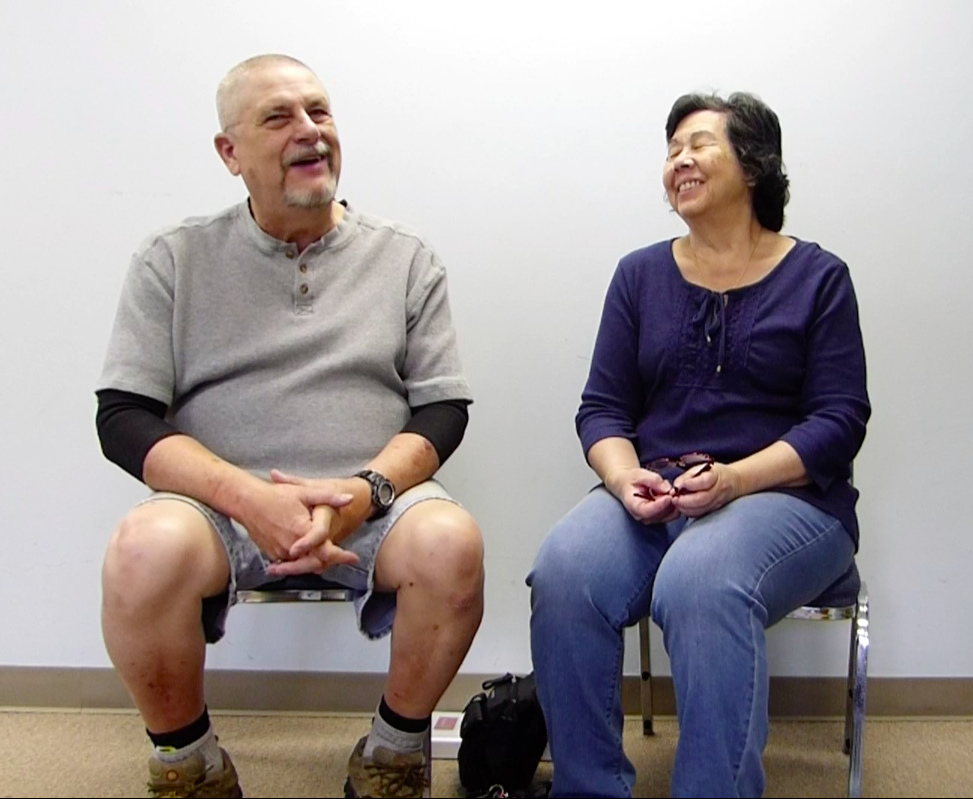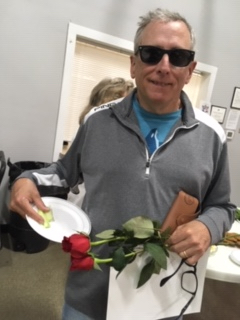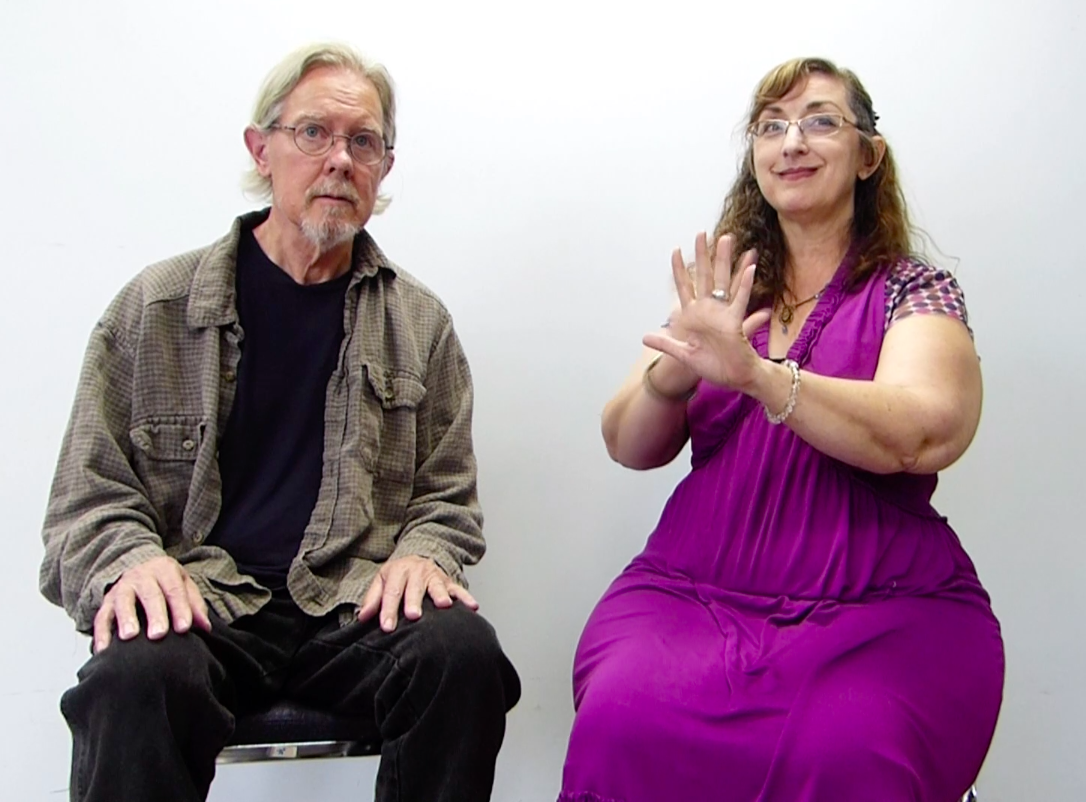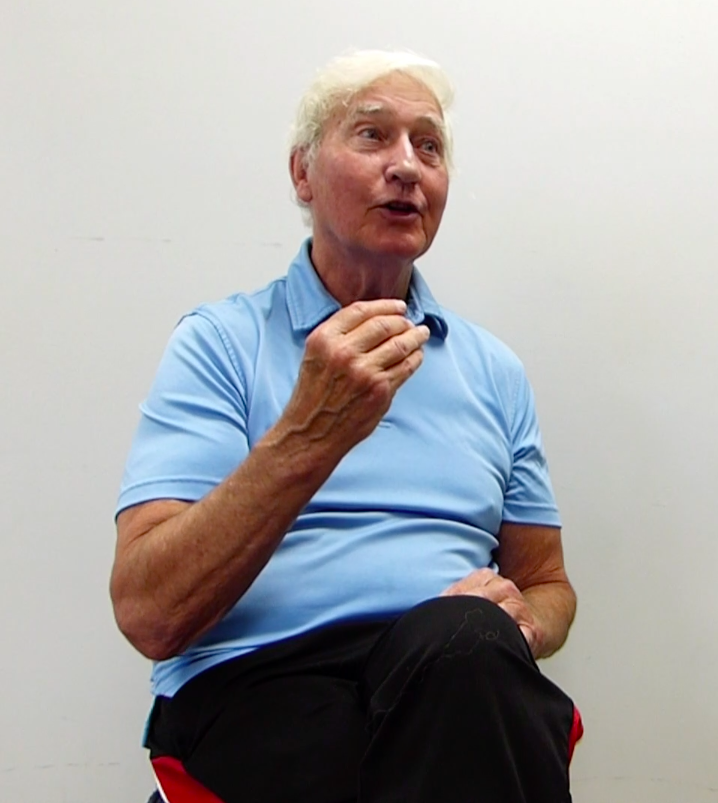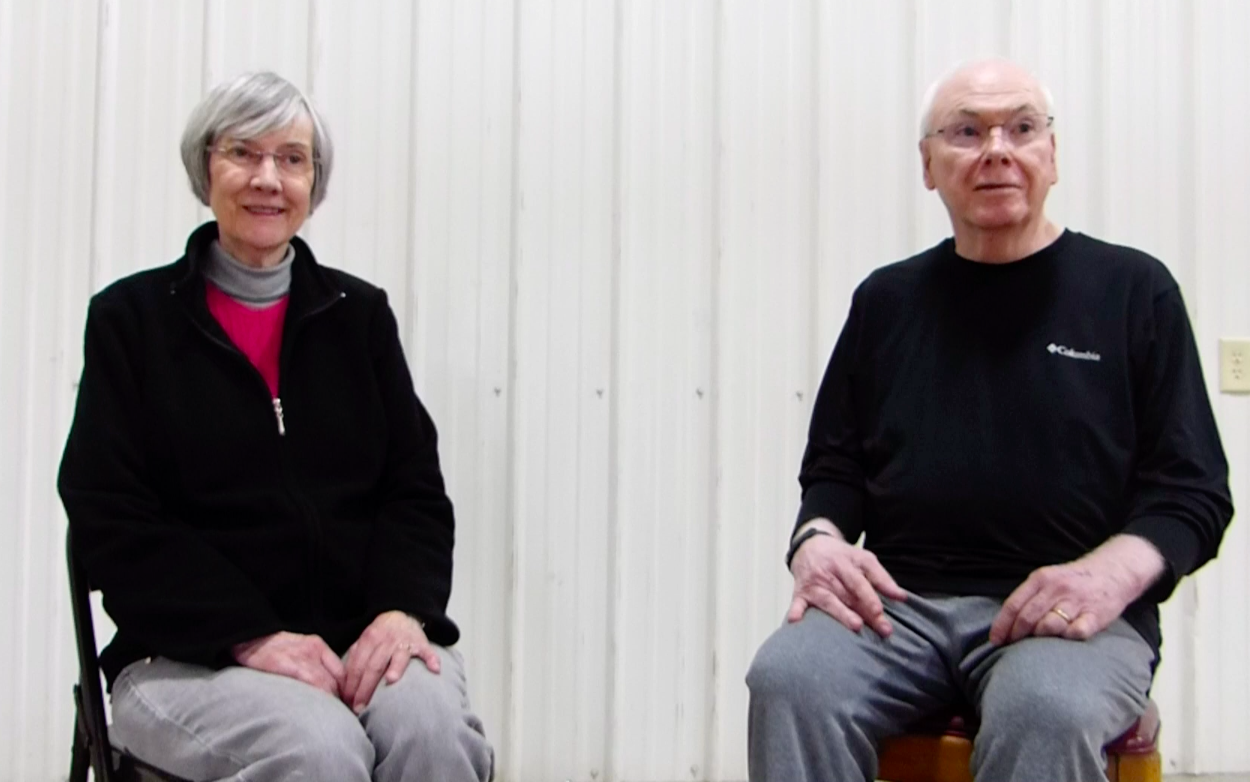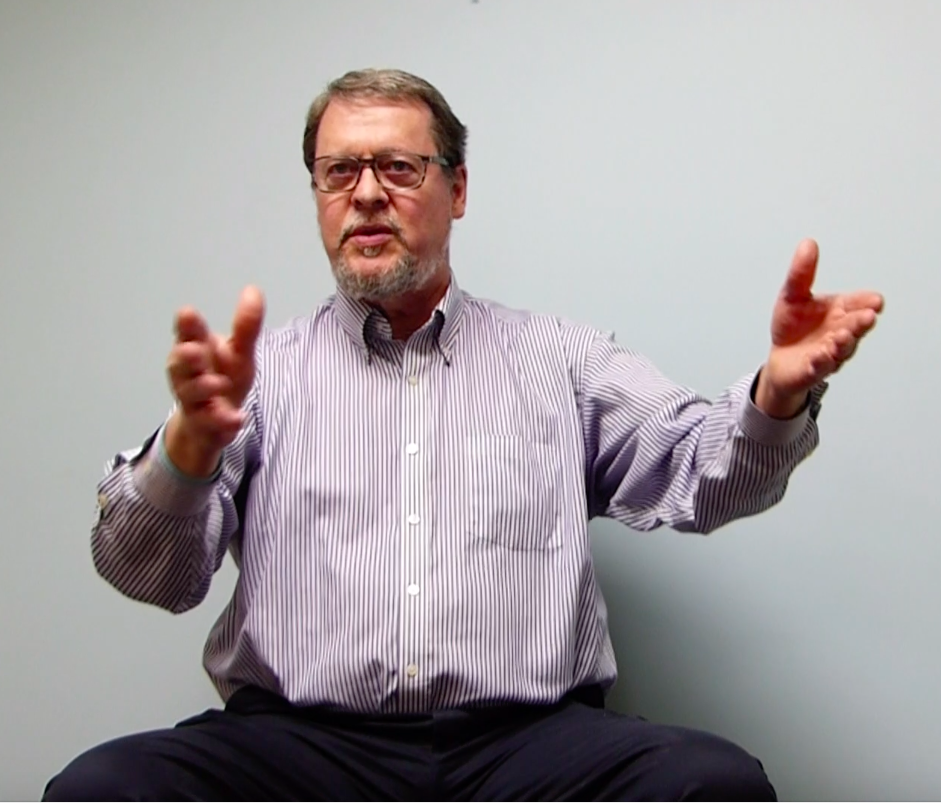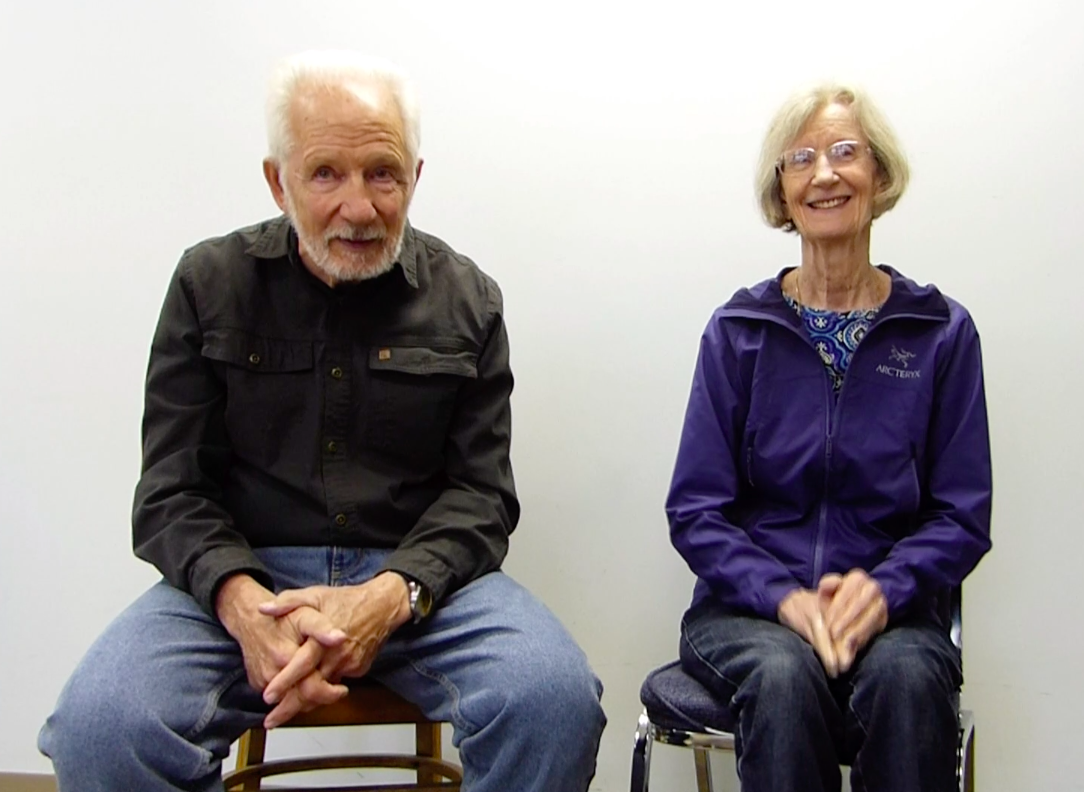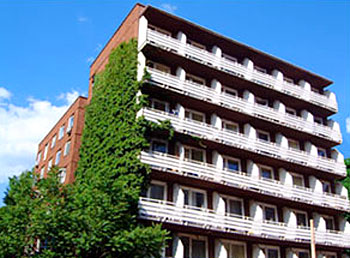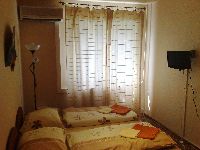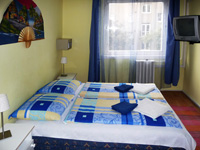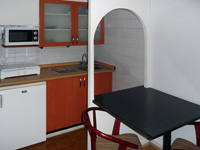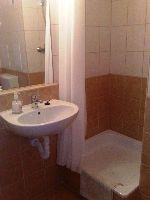Budapest, Hungary
The Poise Project International Initiative
Professional Development Team Training
for Alexander Technique Teachers & Trainees
The Poise Project's "AT for Parkinson's" International Initiative
Adapting AT for People Living with Parkinson's
and their Care Partners
(Ha ezt az oldalt magyarul szeretnéd látni, használhatod a Google Chrome böngésző automatikus fordítását: Beállítások menüpont, a lap alján Speciális, majd Nyelvek menüpontban kiválaszthatod, milyen nyelvre fordítsa a oldalt.)
PARTICIPANTS: Alexander technique teachers & trainees
DATES: Thursday, September 5 - Friday, September 6, 2019
TIME: 10:00am-7:30pm both days (Includes breaks & 75 minutes for lunch)
LOCATION: Budapest, Hungary
Studio: 1136 Budapest, Szent István park 26 (MAP)
LANGUAGES: The training will be in English and Hungarian
COST*
Hungarian Teachers or Trainees - ATE Members US$110 (€100)
**Other Hungarian Teachers or Trainees US$160 (€140)
Trainees from outside Hungary US$245 (€220)
Teachers from outside Hungary US$295 (€265)
**We will offer a similar discount to people coming from countries with high inflation. Please ask!
* All funds go to support The Poise Project's grassroots efforts in AT job creation, program development, research, implementation, and industry networking. This is how we are sustaining the nonprofit infrastructure and staff that makes this project possible over both the short and the long term. There are so many AT teacher opportunities and so much growth potential if we can work together with a strategic, targeted focus! Long-term payment plans are encouraged and available for any AT teacher. We understand that you have financial pressure. This is WHY The Poise Project was created! We want to make sure that all AT teachers have new work opportunities and greater job security. We don't want cost to be a barrier to ANY interested and motivated team participant in this pioneering initiative.
REGISTRATION LINK
Space is limited
https://www.thepoiseproject.org/budapest-teachertrainee-at-for-parkinsons-training
For accommodation suggestions in Budapest if needed, please go down to the bottom of this page!
MAIN OBJECTIVE OF THE TRAINING
To train you in the mission and strategic model of The Poise Project so that you can be on regional and international teams helping to expand our AT4PD initiative, and also to helping to launch new target population initiatives.
Please consider joining our long-range efforts. Even if your main interest may be with other target populations than the Parkinson’s community, we want you to join our team effort by being trained in The Poise Project strategic model. It has been three years since our launch, and these two-day trainings are one of the ways that we will become sustainable for this ambitious project. Your participation not only offers you training in best practices for AT for Parkinson’s, but it will provide financial support for our programs, outreach, and ongoing research efforts.
Participants in this team building day will be able to become part of our regional and international teams and be eligible for future program trainings as we roll out programming moving forward.
SECOND OBJECTIVE OF THE TRAINING
For AT professionals to learn about the particular needs of people living with Parkinson's disease (PlwPD) and their care partners, and to suggest the most successful ways to apply Alexander principles when working with this population.
We will introduce you to best practices that we've been researching and how they can be presented in group settings. If you are interested in working with PlwPD in your private practice, you will have in depth information about PD and about the one-to-one AT applications for this population.
People living with Parkinson’s and their care partners who participated in the “Poised for Parkinson’s” courses in North Carolina.
The training will include a two-hour workshop with PlwPD and care partners from the local Budapest community who we will be invited to attend an informal 120-minute workshop during the second training day.
In this way the training participants will be able to have the opportunity to both observe the leader’s work with them as well as have time to work with members of the public themselves. We will all share feedback with one another afterwards.
Our focus during this training will be on how AT can help PlwPD develop practical skills for more independent self-management of motor symptoms affecting their balance, gait and postural tone, including falls, freezing, forward neck posture and slowed movement, as well as non-motor symptoms such as anxiety, apathy, low volume speech, swallowing, and sleep interruption.
AT can offer PlwPD hope and increase their confidence, independence, and overall quality of life. AT can help them chose optimal postural tone and improve their overall functioning during iADLs (instrumental activities of daily living). It can also give tremendous support and a more positive outlook to the spouses and other family members and care partners of PlwPD and greatly reduce caregiver burden and burnout. Training their care partners at the same time helps them learn how to cue PlwPD when cognitive decline may be present, which is often a later stage aspect of PD.
The last part of the training will include a focus on the particular needs of care partners of PlwPD, and can be generalized to how AT can support care partners in many situations, especially when the care receivers have cognitive decline. It will focus on how to deliver AT in a way that gives practical ongoing skills for care partners to manage the physical and emotional demands of caregiving.
The training will be led by Monika Gross, Executive Director of The Poise Project, and co-designer of the “Poised for Parkinson’s” AT-based course for PLwPD and their care partners.
AT workshop led by Monika Gross at the Constructive Teaching Centre in London, October 2016
In this training we will include:
Definition of Parkinson's and its symptoms
Current research in AT for Parkinson’s disease
How traditional AT educational methodology can be adapted for this population and some best practices as recommended by AT teachers with expertise in the field
Working with middle and late stage PlwPD, particularly when there is cognitive decline.
Emotional and psychological considerations when working with individuals with a degenerative disease, both for participants and for teachers
The realities of financial concerns when delivering AT for PlwPD and a discussion of how we can work together to find future solutions to remove barriers to access
How best to talk about AT to the medical care providers, allied health professionals, and research scientists that you may come in contact with in the field of Parkinson's disease and when advocating for AT for this population
Report on THE POISE PROJECT AT for Parkinson’s initiative and our targeted team presence at conferences and events, including the 4th World Parkinson Congress in Portland in 2016 and the 5th World Parkinson Congress in Kyoto in 2019.
How to include care partners to support learning and increase retention of AT principles for PlwPD, as well as to give them self-management skills to address the serious stresses of their own circumstances.
Report on THE POISE PROJECT "Partnering with Poise" care partner course that has been delivered at ten sites across North Carolina and Washington DC, and the “Poised for Parkinson’s” course for people living with Parkinson’s that has been delivered at three sites in North Carolina, both which were funded by the Parkinson's Foundation, and the IRB research studies of each of these courses that was done through the University of Idaho managed by AT teacher and research scientist, Dr. Rajal Cohen.
SCHEDULE
THURSDAY, SEPTEMBER 5
10:00am-1:30pm Briefing on The Poise Project mission and strategic model, and the AT for Parkinson’s initiative to date (15 minute break included)
1:30pm-3:00pm Lunch break
3:00pm-7:30PM Background on Parkinson’s symptoms and pathology, and current research on AT for Parkinson’s. Begin training in best practices in working with PlwPD (15 minute break included)
FRIDAY, SEPTEMBER 6
10:00am-1:30pm Basic training in best practices in working with PlwPD.
1:30pm-2:45pm Lunch break
3:00pm-5:00pm Workshop with members of the local Parkinson’s community
5:15pm - 5:45pm Debriefing & Discussion re workshop
5:45pm-6:30pm Basic training for working with Care Partners -- not only specifically of PwP but also in general the physical and emotional demands on caregivers, especially in cases of care receivers with physical and cognitive decline
6:30pm-7:30pm Sharing & Discussion of Next Steps
Monika Gross presenting research from The Poise Project pilot studies at the 5th World Parkinson Congress in Kyoto, Japan, June 2019.
THE POISE PROJECT administered our first grant from the Parkinson's Foundation in 2017-2018 to deliver an AT-based course for care partners of PlwPD, “Partnering with Poise”, at eight sites in North Carolina. We received a second grant in early 2018 to expand this program into Washington DC. We are currently administering a third grant we received from the Parkinson's Foundation in mid-2018 to design and deliver a new AT-based course for PlwPD, “Poised for Parkinson’s”, at three sites in North Carolina, and a fourth grant in 2019 to expand it to three more locations in North Carolina.
In relation to these programs, we did research projects to measure the efficacy and long term retention of AT training for PlwPD and care partners.
Teachers who participate in this AT for Parkinson’s initiative training will be considered part of the pool of teachers we will draw from for our future class programming and research projects for PlwPD and care partners as new classes are created and regional expansion occurs, as well as being part of the pool of AT professionals trained in our strategic model to assist in community outreach for all our future initiatives.
The graduates of The Poise Project’s first “Poised for Parkinson’s” course in Asheville NC for people living with Parkinson’s and their care partners. The development of this course was funded by a grant from the Parkinson’s Foundation, and is part of a research project through the University of Idaho.
Meredith McIntosh, Monika Gross, Suzy Perkins and Shellie Cash at the Parkinson’s Foundation Moving Day October 2017.
MONIKA GROSS is Executive Director of The Poise Project, a nonprofit with the mission of maintaining natural poise and continuous personal growth throughout all stages and challenges of life through the principles of Alexander technique (AT). The Poise Project is committed to removing barriers and making AT available across socio-economic groups and to those with chronic conditions. As of Fall 2018, it has received three Parkinson's Foundation Moving Day® Community Grants to deliver AT-based classes to people in the Parkinson's community in North Carolina and in Washington DC. She has conducted this AT or Parkinson's teacher training and established a patient referral program in the Bay Area in partnership with Dr. Maya Katz, a movement disorder specialist at UCSF.
Monika had her first AT lesson in 1976 and was certified in 1985 in Lydia Yohay's (ACAT) teacher training program in NYC. She is a teaching member of the American Society for the Alexander Technique (AmSAT) and Alexander Technique International (ATI), as well as a member of the local regional AT teacher consortium Alexander Teachers of the Mountain Region (ATMR). She is also a Registered Somatic Movement Educator with the International Somatic Movement Education and Therapy Association (ISMETA). Monika holds a BFA in Drama from the North Carolina School of the Arts.
Monika is co-owner of Form Fitness & Function, and has a private AT practice in Asheville NC. She also offers AT training via Skype or Zoom.
Email: monika.gross@thepoiseproject.org
Website: thepoiseproject.org
Phone: (USA) 1-828-254-3102 (EST)
Skype: thepoiseproject
THE POISE PROJECT® is a 501(c)3 nonprofit organization launched in 2016 to bring Alexander technique principles to new populations, and to increase accessibility across broad socio-economic groups.
Our Mission is to help people maintain poise and personal growth throughout all stages and challenges of life using the principles of Alexander technique (AT).
Our Mission is realized through promotion of the profession, creation of programs adapted for specific populations and industries, and support of cutting edge research in the field.
We use a coordinated team approach uniting individuals who have benefited from AT, industry expert advocates, and AT professionals.
We have received four grants from the Parkinson's Foundation to deliver AT-based programs for people living with Parkinson's and their care partners in North Carolina and the Washington DC Greater Metro Area. We have also received a 2019 grant from the Alzheimer’s Foundation of America to deliver our care partner course to family caregivers of people with dementia.
ACCOMMODATIONS IN BUDAPEST
We're happy to hear that you'd like to join us in Budapest. We don't have the capacity to arrange accommodation for all the participants, but we can happily recommend a simple and inexpensive suggestion. It is an apartment house that is only a 4 minutes walk from the location of the training course. It's called JUDIT APARTMENT: http://www.juditapartment.hu/?lang=en
Here is the location on a google map: MAP
You can find the information how to get there from the airport at this link: http://www.juditapartment.hu/locale.php
Here is a map showing the path from the apartment to the AT studio: MAP
Of course, there are also plenty of nearby apartments available on Airbnb, since the AT studio is located in the downtown area of Budapest.
We are very happy to welcome you to wonderful Budapest!


